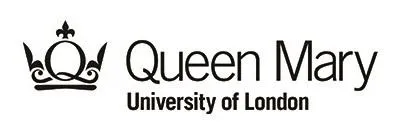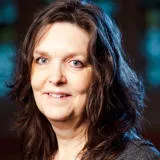Language Acts and Worldmaking is a flagship project funded by the AHRC Open World Research Initiative, which aims to regenerate and transform modern language learning by foregrounding language's power to shape how we live and make our worlds.
Language Acts and Worldmaking examines language as a material and historical force which acts as the means by which individuals construct their personal, local, transnational and spiritual identities. This we call ‘worldmaking’. Our case study is Iberia, its global empires and contact zones, which stretch across Europe, Asia, Africa and the Americas. This vast multilingual and multicultural terrain dramatically illustrates the potential of modern language learning to understand and shape the world we live in. Learning a language means understanding the historicity of concepts, beliefs and social practices—how they operate in the past and present. Our research and partnerships demonstrate the indispensable value of language learning for understanding how societies are structured and governed and for empowering culturally aware and self-reflective citizens.
For more information on the project, please visit our website developed by King's Digital Lab.
Our Partners

Arts & Humanities Research Council (AHRC)

OWRI - Open world Research Initiative

The Open University

University of Westminster
![Language Acts logo print[73]](/newimages/research/logo/language-acts-logo-print73.xf717f456.png?f=webp)


